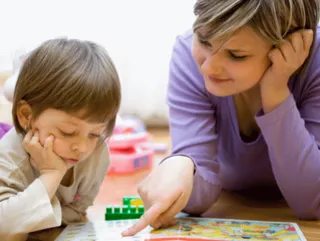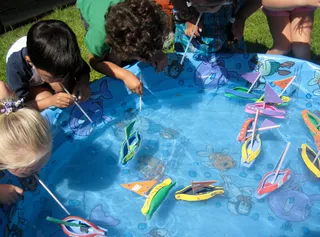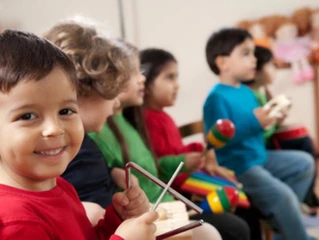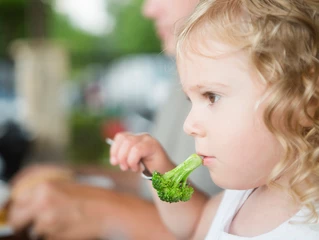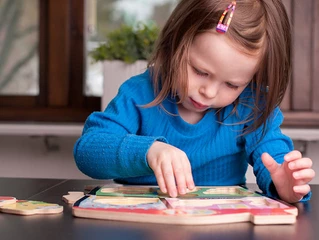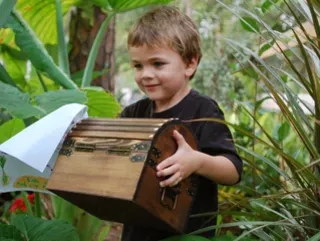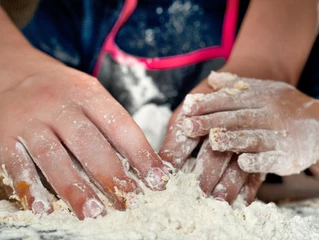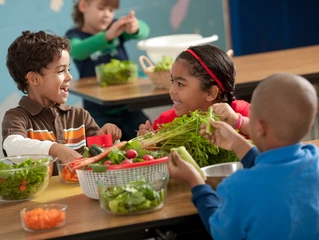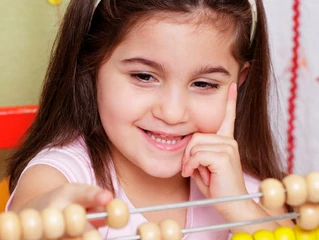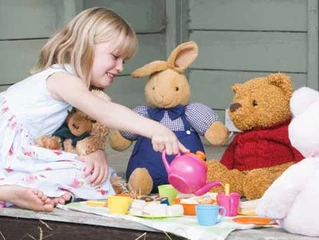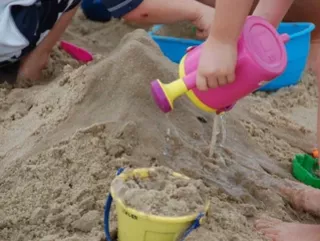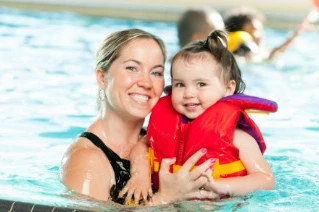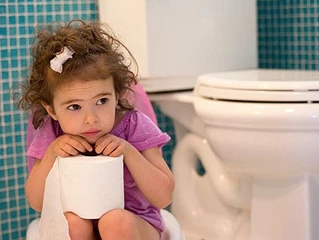Blog
-
Early childhood is a very important time in the process of acquiring language. Read more about it at Rotorua Home Based Childcare.Posted: 10/1/2017
-
The outdoor environment continues to offer an essential role in children's health, development and well-being. Read more at Rotorua Home Based Childcare.Posted: 10/1/2017
-
Music can rewire the brain, boosting children's cognitive skills and making it an essential part of a child's development. Science has shown that when children learn to play music, their brains begin to hear, process and distinguish sounds in a way that they previously could not. There are several key ways music can help children learn. It can improve fine motor skills, underpin language development, boost memory and help develop creativity and abstract reasoning. Music gets children of all agesPosted: 9/9/2016
-
We adults take eating for granted but it requires many different skills that kids have to learn. It’s normal for kids to be cautious about trying new foods but to get a healthy variety in their diet, it's important we help overcome any food texture issues. Here are a few tips to try with your kids. Work with food they already love A great way to de-sensitize kids to different textures is by offering slight variations of their favourite food. Introduce the same food to them in a different ways, uPosted: 9/9/2016
-
When choosing toys and activities for kids, adults need to consider whether they are appropriate for the child's age and stage of development.
When buying a new toy, check its recommended age-appropriate level which is usually indicated on the packaging. It's important to remember though that age recommendations are only guidelines and children don't all develop at the same rate. Up to the age of one, babies are focused on exploring their world with their senses. They like toys where they canPosted: 16/7/2016 -
Although learning takes place throughout life, a young child's brain is more flexible so opportunities for development are greatest during early childhood years. The majority of brain development takes place prior to the age of six, but it's the first three years of life that are the most important. A child's brain is not fully formed when they're newly born. In order to develop, the brain cells need to be activated to form connections, pathways and networks that give children the powers of visiPosted: 16/7/2016
-
A lengthening list of scientific studies indicate that time spent outdoors engaged with the natural world is great for kids. It produces significant improvements in learning ability, creativity, and mental, psychological and emotional wellbeing. Children who are engaged in learning about science and nature are also learning strategies for active exploration and investigation, thinking, questioning and problem solving. When children learn more about nature, they're also learning to care for the wPosted: 10/5/2016
-
There are lots of benefits to getting kids into baking. It's is not just about having fun - children gain valuable life and educational skills. They get the joy of creating a dish and eating it but did you know that helping in the kitchen can improve your child’s maths, language skills and even their emotional development? Reading a recipe with your child is a great way for them to boost their comprehension and vocabulary. By explaining each step of the recipe and guiding them through it, childrPosted: 10/5/2016
-
Playdough is an amazing toy. There are multiple benefits in playing with playdough and children love it. It's a great exploration tool and fun for children of all ages. Playdough is easy to make at home and you can customise it with different colours and fragrances. Add herbs such as rosemary or mint, some scented flowers like lavender, or an essence or juice from lemons or pineapple. Get your child to choose their favourite colour and fragrance. As you make the playdough together, you can helpPosted: 5/3/2016
-
We are not born knowing what to eat. Healthy eating is something we all have to learn as children - like how to love brussels sprout - or not. It's true that once kids get their first taste of crunchy, sweet or salty foods, it's hard to get them unhooked. Even if your kid is used to eating junk food, there are small changes you can make to promote healthy eating habits. It's all about setting up precedents and the right expectations. Try these healthy eating tips. Limit the number of treats thatPosted: 5/3/2016
-
Numeracy skills are life skills. Children need numeracy skills in their everyday lives - to learn to access and interpret information, solve problems, understand patterns and to help them make informed decisions by evaluating different options. But learning doesn’t have to be restricted to the classroom. There are plenty of opportunities to help your children with their numeracy skills and these can be explored and practised at an early age through everyday play and activities. The following idePosted: 6/2/2016
-
Physical play isn't the only kind of play - it's really important that we encourage kids to use their imagination too. Using our imagination is a critical cognitive skill that will help us throughout life. At Rotorua Home Based Childcare, when we encourage kids to pretend play, we're creating opportunities for developing their language, social skills creative thinking. Language Research has shown that participation in pretend games is great for young kid's communication skills, particularly an iPosted: 6/2/2016
-
Children need active play where they explore and experiment to master the beginnings of literacy. We know that the brain is important in writing and reading development but the body needs to be ready physically too. Healthy child development requires challenges to their creativity and imaginations as well as to their bodies to achieve optimal sensory and motor development. The sensory stimulation and the development of posture and coordination achieved through physical play will help build the fPosted: 2/1/2016
-
Getting into arts and crafts with young children is more than just fun, it's important for the many skills they'll learn and for their all-round development. Arts and crafts projects can help under 5s with everything from self-expression and building self-esteem to problem solving and enhancing social skills. You don't need any great expertise or a huge amount of supplies and equipment. It is all about having fun, taking ideas and adapting them to what you have available and what you think yourPosted: 2/1/2016
-
Children love to play in water and with summer now officially here, we're all thinking about trips to the beach, lakes and pools. So it's also a good time to be thinking about water safety for young children. Eight preschool children drowned in New Zealand last year. So it's important to keep young ones within arm’s reach at all times. It only takes sixty seconds and around five centimetres of water for a child to drown. Focus on these safety tips and help keep children safe around the water. NePosted: 2/12/2015
-
When it comes to toilet training, it's as much about the parents as the children. We've put together a list of a few of the most commonly asked questions below. When is my child ready for toilet training? If your child is beginning to take an interest in their bodily functions and they can follow simple instructions, get themselves to the bathroom and take off their clothing then they're ready to have a go. But every child is different - some will happily sit on the potty when it's introduced whPosted: 2/12/2015
-
There are many benefits to your child being cared for in a home setting. With such different childcare options available these days, it's worthwhile taking some time to understand them. Home-based childcare is appealing for a number of reasons, including the following: Comforts of Home Home-based childcare is often more comfortable and comforting than other settings. It's more like a formalised play date or popping over to another family's home, cosy and lively. That sense of familiarity can bePosted: 4/11/2015


